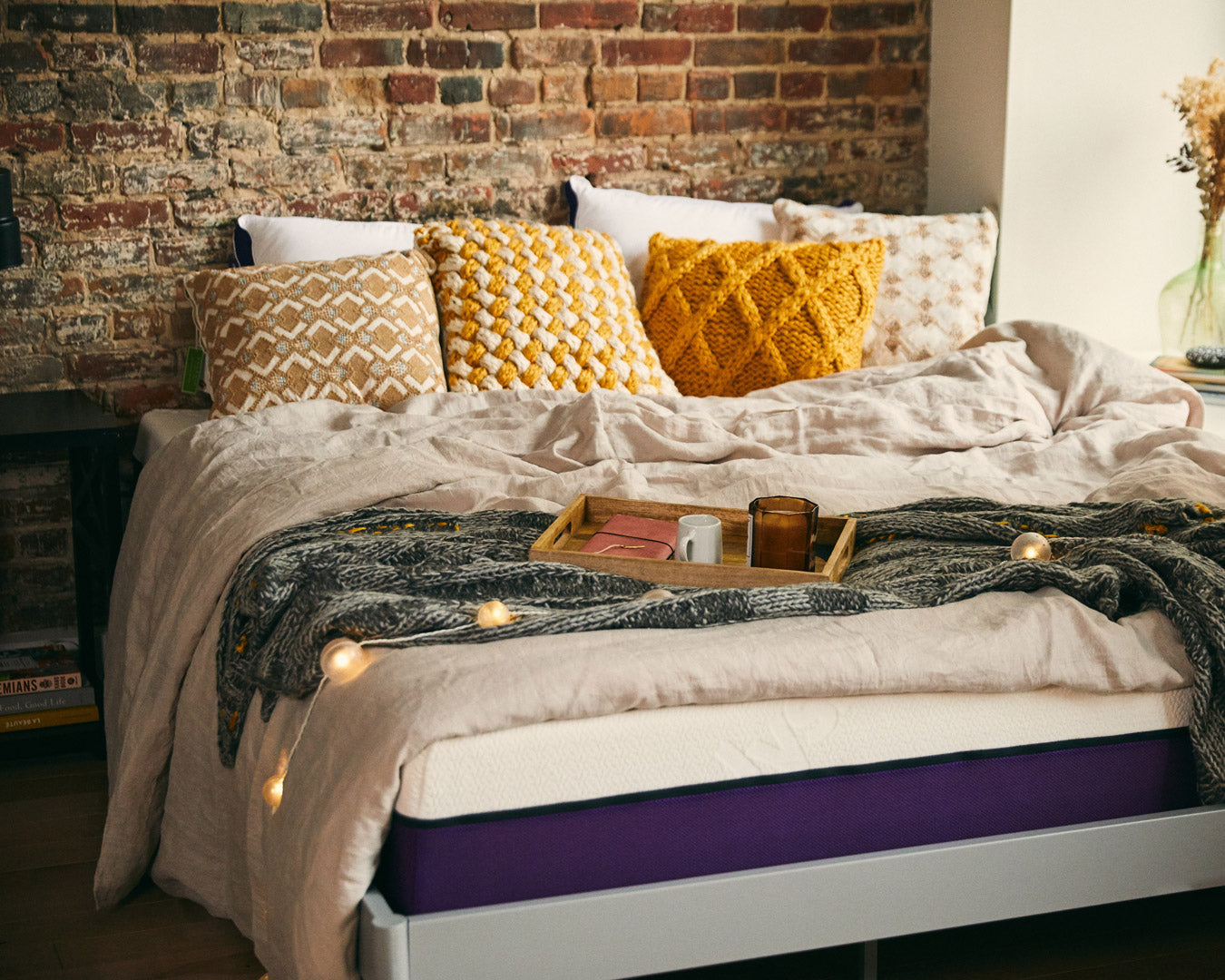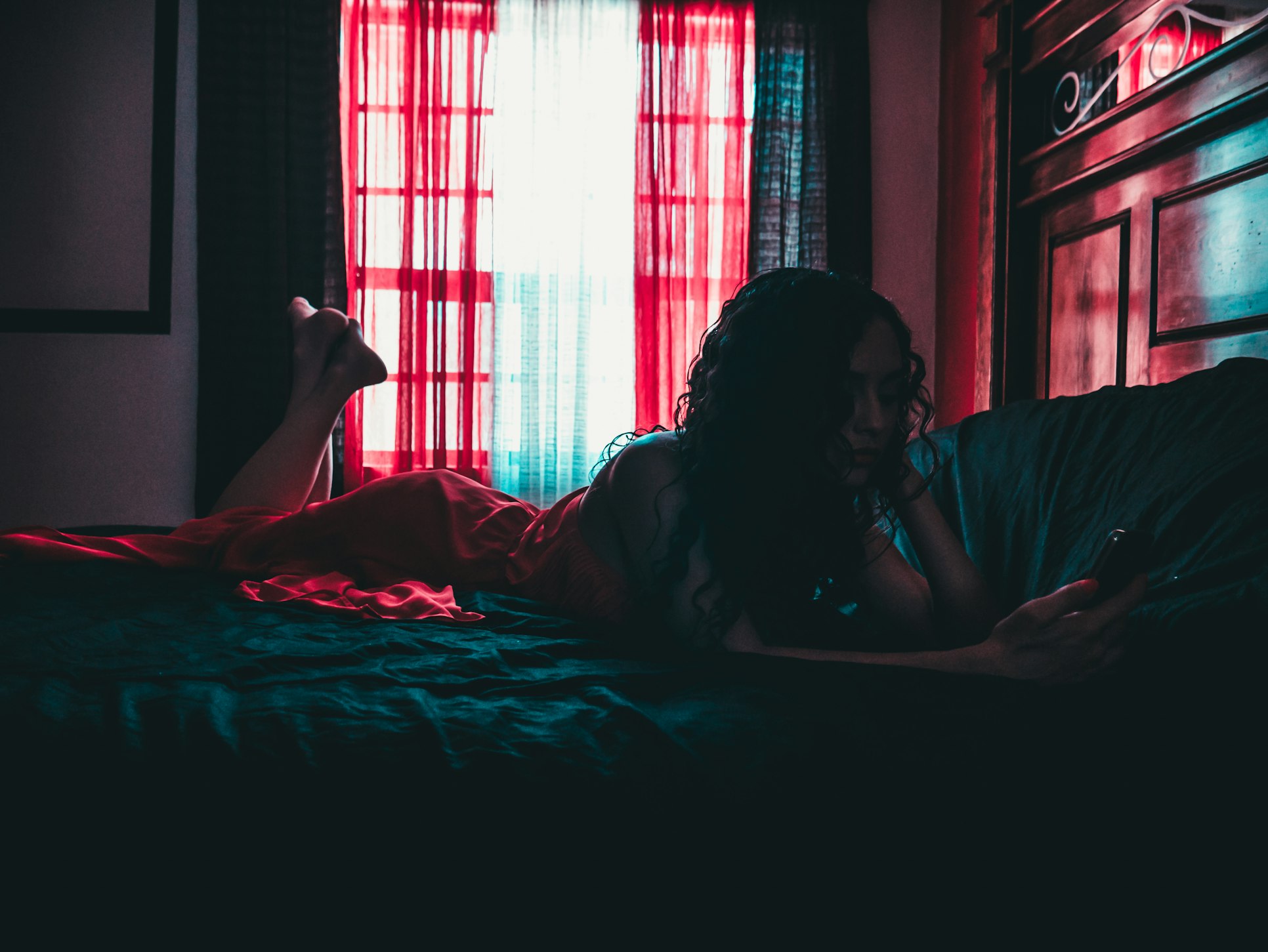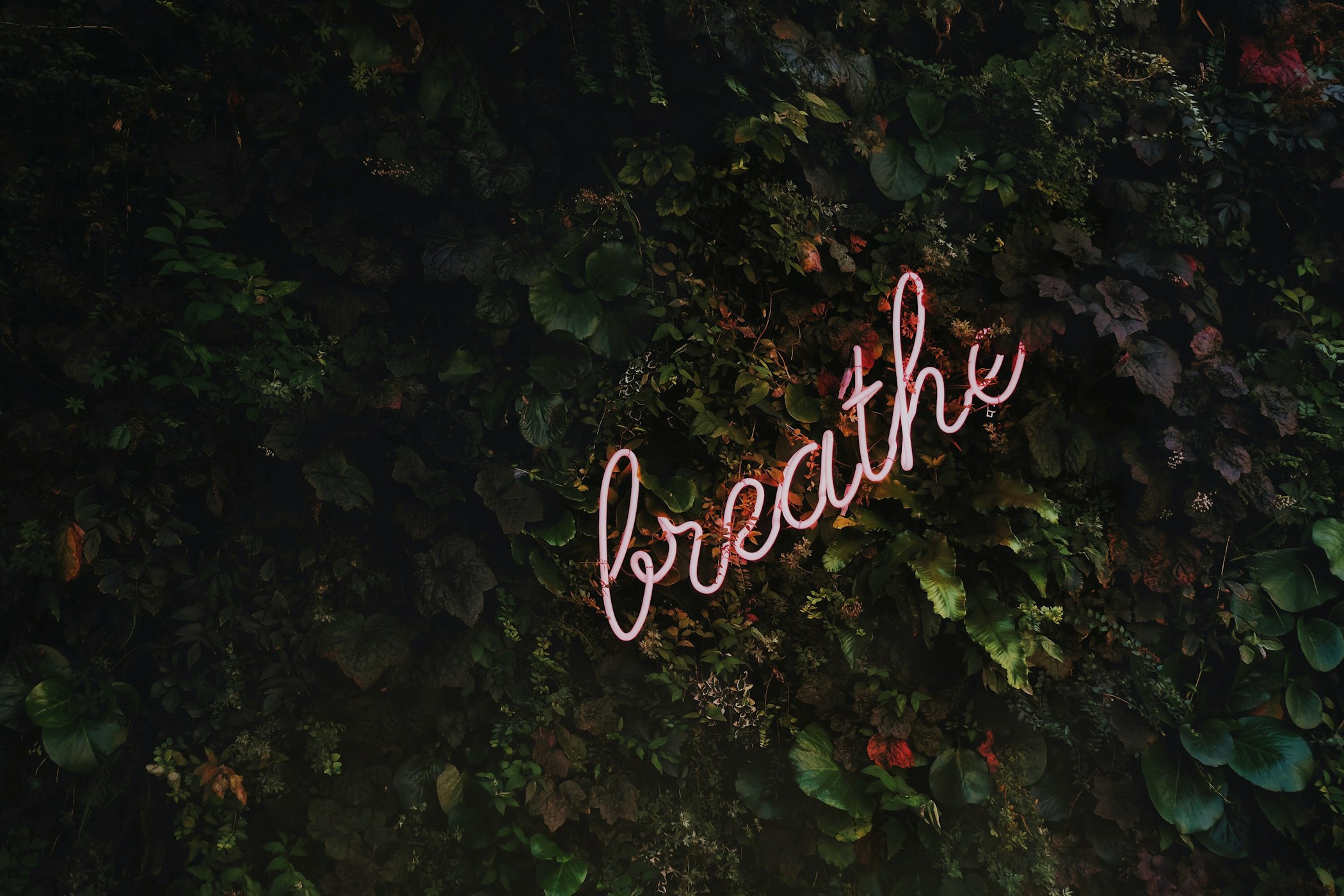In the last few days, you’ve been getting up more tired than when you went to bed. Yet you switched your mattress for one of Polysleep’s amazing foam mattresses a few months ago, and you clean it, as well as your bedroom, regularly. So your sleeping problems cannot be caused by a lack of support in your mattress or by any allergies. You then search the Web for other reasons that could interfere with and/or improve your sleep by looking up “what to do before bedtime to ensure a good night’s sleep?” and “what should you avoid doing before bedtime to sleep soundly?” and BAM, you find this article from Polysleep on the subject. So read on to find out what to do, and what to avoid, to get back to sleeping like a baby!
What are the do’s and don’ts before bedtime?
As you can imagine, some of your pre-sleep activities can help or hinder your sleep. Polysleep has compiled the answers to the questions we’re sure you’re asking yourself (yes, we read your mind!) below.
Is reading recommended to sleep well?

Yes! Reading is one of the activities that many of us like to do before going to bed. It’s true that it can be part of the little rituals that help us relax body and mind before our next 8 hours under the duvet. So yes, reading can help you get a good night’s sleep!
BUT (because there’s always one!), certain precautions should still be followed to enjoy the benefits of this habit, starting with its duration. In fact, it’s recommended that you read no more than 10-15 minutes before bedtime. Why? Because if you read longer, it will stimulate your brain, which will wake it up. You’ll fall asleep less quickly and your sleep might also be disturbed.
Also, keep an eye on what you read: your favourite detective novel, from an emotional point of view, will tend to put you on the alert, which is also not a good way to sleep restfully!
Can surfing on my phone disturb my sleep?
A thousand times yes! And this is valid for any device that has a screen, such as, in addition to your smartphone, your tablet as well as your television. Indeed, they produce that famous blue light, which stimulates your eyes, disrupts your internal clock and slows down your secretion of melatonin, the precious sleep hormone, in your body.
BUT (again!), as it’s hard to resist the temptation to watch cat videos on YouTube or your favorite star’s latest Story, you’re entitled to a little leeway: you can use your screens at night, but you’ll have to stop an hour and a half before bedtime. In the same vein, turn off ALL devices in standby mode that are sources of strong luminosity, since these also reduce the production of melatonin.
Learn more about watching screens before bed
Does engaging in evening sport activities help you sleep?

Yes... Regular sports activity is a great help in getting a good night’s sleep. If the activity is low to moderate in intensity, you should be able to reap all the benefits of it, no matter when you practice it.
...But no! If the sport is too strenuous, the opposite is true if played before bedtime. For example, if you do your Thai boxing training in the evening, it’ll stimulate adrenaline production, increase your body temperature, and keep you awake and alert. So, it’s best to practice this type of activity during the day, as far away from your bedtime as possible!
Are relaxation techniques before bedtime good?
A thousand times YES! Especially those related to passive muscle relaxation. These techniques work in a simple way: a voice guides you through the exercise, making you aware of the different muscular parts of your body and the tension that resides in them, and then makes you relax them and allows you to unwind. This is a very effective way to fight stress and anxiety. You can find videos on the web by looking up “passive relaxation” for example. Repeated daily, these relaxation sessions will condition your body for this type of exercise, making each one more effective than the previous one. A real solution to hectic life in the 2.0 era!
What to eat/not eat, and drink/not drink before sleeping?
The type of food and drink you eat and drink before you go to bed, and the time at which you eat will also affect your sleep. Here are some do’s and don’ts when it comes to food and drink before bedtime!
Is eating and drinking (water!) before bed okay?

N-O, no. Why? Simply because while you sleep, your digestive system needs to be at rest. In fact, during sleep, our digestion mechanisms are at their lowest level. So, if you eat your favorite dish that we won’t name (hmm… pizza-ghetti!) before going to bed, your stomach won’t be prepared for such a large quantity of food. Your digestive cycle will be out of phase, which will necessarily affect your sleep.
Does apple juice have an affect on dreams?
Also, for those with weak bladders, limit your water intake after dinner as much as possible. This way, you won’t have to get up in the middle of the night to empty your 2 tons of water!
BUT (you’re getting used to it, right?), going to bed hungry is not a good idea either, since hunger keeps you awake. In this case, opt for a small snack, which can be carbohydrate-based (e.g. starchy foods or dairy products) and which can help you sleep.
Can the amount and type of food and beverages we ingest affect our sleep?
Y-E-S: As we’ve just seen, a small snack of dairy or starchy foods can help you sleep well if you’re hungry. Conversely, extremely fatty foods or a meal with too much protein can cause acid reflux or a bloated stomach. Overly spicy foods can cause heartburn.
Similarly, stop drinking beverages that contain stimulants such as tea (green and black tea!) and of course, coffee, 4 to 6 hours before bedtime. You’ll find it harder to fall asleep, and are more likely to wake up in the middle of the night and experience light sleep. Opt for herbal tea like chamomile. Dark chocolate, which is also exciting, should be avoided. Likewise, no alcohol at dinner or afterwards. Although its sedative power helps you fall asleep, it can unfortunately break up your sleep in the second half of the night and wake you up!
Is it okay to eat a banana before sleeping?

Yes, because this fruit is rich in potassium, which acts as a muscle relaxant during sleep. In particular, it can prevent muscle spasms, which typically occur at night, and often result from a lack of this mineral. And generally, these spasms tend to make you turn like a washing machine in bed. So, with the addition of the potassium in your pre-sleep banana, you can avoid any potassium deficiency in your body, thus preventing those spasms that interfere with your sleep!
Magnesium supplements, a good idea?
It’s complicated! Magnesium is essential to the proper functioning of our body, since it’s involved in more than 300 chemical reactions that take place inside our little being. And according to Harvard Health, it COULD be involved in the regulation of sleep, through its interactions with the GABA neurotransmitters. According to Dr. Michael Breus, a sleep specialist, magnesium would allow a deep and regenerative sleep by maintaining a sufficient level of these GABA, which are involved in sleep. However, studies that have shown the effectiveness of magnesium for sleep have limitations, including the fact that they were focused on samples of people over the age of 50. Its effect on other age groups therefore remains uncertain.
But if you want to test magnesium and its effect on your sleep on your own, increasing it via your food is preferable if you’re not deficient in this mineral. One of the foods that contain magnesium is spinach: half a cup filled with this plant contains 78 mg of magnesium!
In conclusion: you’ll sleep as you live!
After all, your sleep depends of course on your lifestyle, but also on what you eat! Doing an intense sport during the day, relaxing in the evening and/or reading but not too much before bedtime are activities that will allow you to relax before bedtime!
In addition, you need to eat properly: nutritious but not too much, no liquids after dinner, avoid stimulants (coffee, chocolate, tea) and eat a banana before going to bed, that’s what you need to do! The case of magnesium is a thorny one, because research on its effectiveness for the general population has not yet been done. But nothing prevents you from trying! For other interesting articles or to see our constantly evolving range of products, you can always visit Polysleep.ca!












